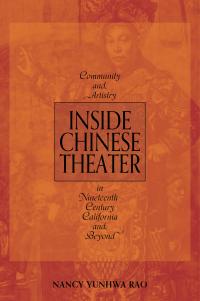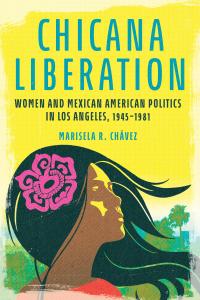
We Grew Up Together
About the Book
While much attention has been devoted to connections in American families between husbands and wives and between parents and children, We Grew Up Together enters virtually uncharted territory by exploring the emotional relationships among siblings.Through the letters brothers and sisters wrote to each other over the course of nearly a century (1840-1920), Annette Atkins reveals the inner workings of ten nineteenth-century families, illuminating their everyday lives and central relationships. Drawing on the insights of Alfred Adler and others, Atkins examines the varying dynamics of "warm" and "cool" families, clothing theory in the human relations revealed by the letters. She looks at families located in various regions, families headed to the frontier, obscure families, and prominent names such as the Blairs of Washington, D.C.
The correspondence between brothers and sisters sheds light not only on the emotional fabric of their families but also on the way they learn to express themselves. Atkins shows how siblings tutored each other in friendship, authority, cooperation and competition, dependence and independence. They learned from each other how to express (or repress) emotions, how to see themselves, and how to be in the world.
By exploring individual families in intimate detail, We Grew Up Together counters simplistic notions of traditional family life in an earlier era. Through family upheaval, abandonment, divorce, death, and conflict, siblings sustained vital familial links with each other, providing connection, stability, permanence, and emotional grounding that often persisted throughout their lives.
Reviews
"Based primarily on the letters that brothers and sisters wrote to each other from 1840 to 1920, this is a pioneering study of emotional relationships among adult siblings. . . . This book casts new light on sibling bonds and should be read by anyone interested in family history." -- Choice"This evocative study illuminates the significance of both the sibling bond and family culture in historical studies." -- Julia Grant, American Historical Review
"Atkins is an insightful storyteller who carefully depicts the motives of her characters. . . . Atkins fully exploits the depth of psychological insights that working with long series of family letters affords her." -- Stephen M. Frank, The Historian
"By providing a fresh look at nineteenth-century family dynamics, this study of sibling relationships counters some of the idealizations that have shaded our assumptions concerning American family life in previous centuries. Atkins accomplishes this important work through close readings of letters exchanged by ten sets of siblings over the course of nearly a century." -- Linda Peavy and Ursula Smith, Minnesota History
"[Atkins] critically challenges nostalgic renderings of the traditional family structure. . . . Atkins' work on sibling relationships does develop, and significantly contributes to, current scholarship by adding nuanced layers to family, gender, and social histories and family studies." -- Anne M. Heutsche, American Nineteenth Century History
"A delightful story. . . . Rather than exclusively quoting from the letters, [Atkins] painted a complete story that reads more like literature than history. I came away from the book enlightened by the families Atkin studied and wanted even more to 'find the various and multiple truths' of 'the families in [my] own past.'" -- Jessie L. Embry, Western Historical Quarterly








